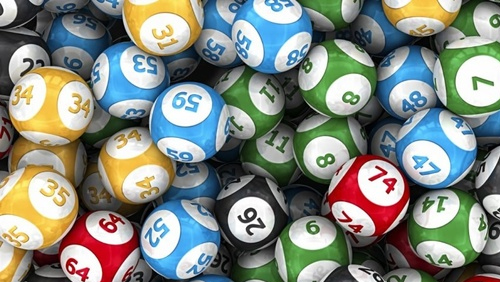Mumbai police raided seven online lottery centers, and arrested 11 people accused of evading payment of the 28% goods and services tax (GST).
 According to The Times of India, those charged had been giving customers handwritten lottery tickets rather than issuing official printed ones.
According to The Times of India, those charged had been giving customers handwritten lottery tickets rather than issuing official printed ones.
Separate raids were carried out in the Shivaji Park, Byculla, Kalachowki, and Agripada areas, according to an official interviewed by The Times of India, which stated that the practice of issuing handwritten tickets had been going on for a long time.
Among the items confiscated from the suspects were 11 computers, hard disks, CPUs, five mobile phones, and cash totaling over 100,000 rupees ($1,400).
By not actually issuing tickets paid for by customers, the owners of the lottery centers were said to have avoided paying GST, and were liable for forgery and running unauthorized lottery centers.
The 28% GST has been a controversial issue since the Indian government announced its plan of placing lottery tickets in the 28% bracket, where previously a minimal to zero rate was applied. Even at the time, Kamlesh Vijay, CEO of Sugal & Damani, one of the country’s largest lottery and gaming operators, warned such a hike would drive the industry underground, if not put many out of business.
The new higher tax was imposed on July 1, and was quickly used as rationale for raising lottery ticket prices. The government took no heed of strikes held in Maharashtra in protest of the GST rate.
Last September, three major lottery operators, including the Sugal & Damani Group, were accused of tax evasion in not paying the GST as ordered.
The Martin Group’s Future Gaming was accused of paying only 12% instead of a 28% GST, and of not making the proper deposits and not filing the required returns, leading to a delinquency of $839,000. The Essel Group’s E-Cool, meanwhile, also only paid a 12% rate, and was told to pay an additional $555,000 in taxes.
Last October, a Calcutta High Court decision affirmed the government’s position and dismissed M/s. Teesta Distributors’ claim that a 28% GST for private entities and a 12% GST for state entities was discriminatory.